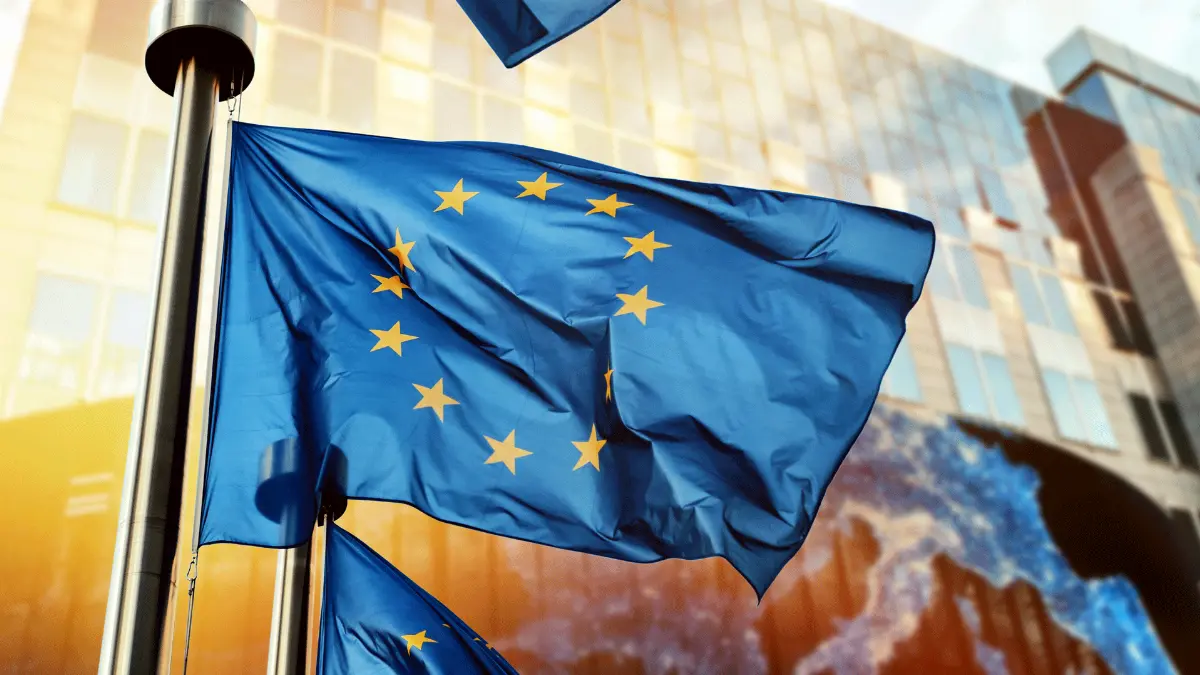
Do you want to access to this and other private contents?
Log in if you are a subscriber or click here to request service
RefuelEU aviation initiative: Council adopts new law
To decarbonise the aviation sector

More renewable and low-carbon fuels will reduce the carbon footprint of the aviation sector and create a level playing field for a sustainable air transport in the EU following today’s adoption of a new regulation by the Council on the so-called ‘ReFuelEU aviation’ initiative.The main objective of the RefuelEU aviation initiative, as a key part of the EU’s Fit for 55 package, is to increase both de...
red/f - 1254179
AVIONEWS - World Aeronautical Press Agency
AVIONEWS - World Aeronautical Press Agency